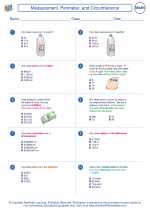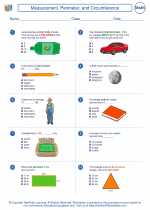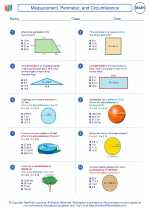Zero Property
The zero property is a fundamental concept in mathematics, especially in the study of numbers and operations. This property states that when any number is multiplied by zero, the result is always zero. In mathematical terms, if a is any number, then a * 0 = 0.
Understanding the Zero Property
To understand the zero property, it's essential to grasp the concept of multiplication. When you multiply a number by another, you are essentially adding the number to itself a certain number of times. For example, 3 * 4 means adding 3 to itself 4 times, which equals 12. However, when you multiply any number by zero, there is nothing to add, so the result is always zero.
Examples of the Zero Property
Here are a few examples to illustrate the zero property:
- 5 * 0 = 0
- -2 * 0 = 0
- 0 * 100 = 0
Applying the Zero Property
The zero property is a fundamental concept used in various mathematical operations and equations. It is essential to understand and apply the zero property when simplifying expressions, solving equations, and understanding the properties of numbers.
Study Guide
Here's a study guide to help you master the zero property:
- Understand the concept of multiplication and how it relates to repeated addition.
- Memorize the zero property: a * 0 = 0 for any number a.
- Practice applying the zero property in multiplication problems.
- Work on simplifying expressions involving the zero property.
- Use the zero property to solve equations and understand its implications in algebraic manipulations.
By understanding and mastering the zero property, you will have a strong foundation in the fundamental properties of numbers and operations.
.◂Math Worksheets and Study Guides Seventh Grade. Measurement, Perimeter, and Circumference

 Worksheet/Answer key
Worksheet/Answer key
 Worksheet/Answer key
Worksheet/Answer key
 Worksheet/Answer key
Worksheet/Answer key
